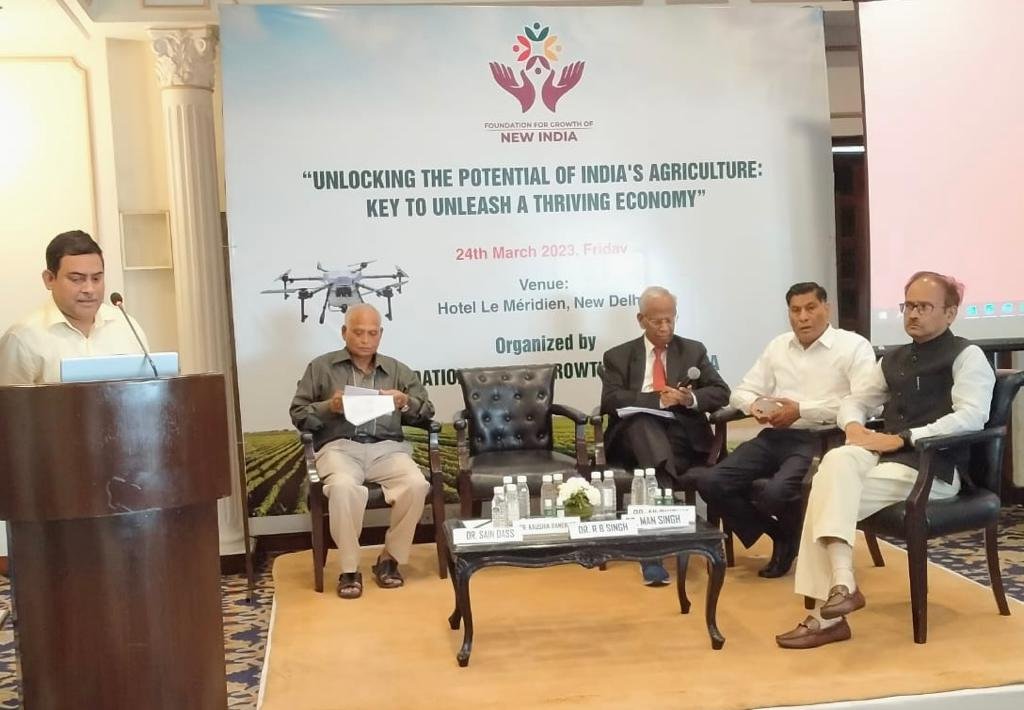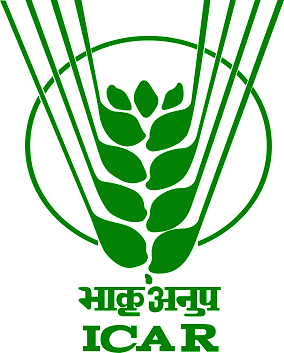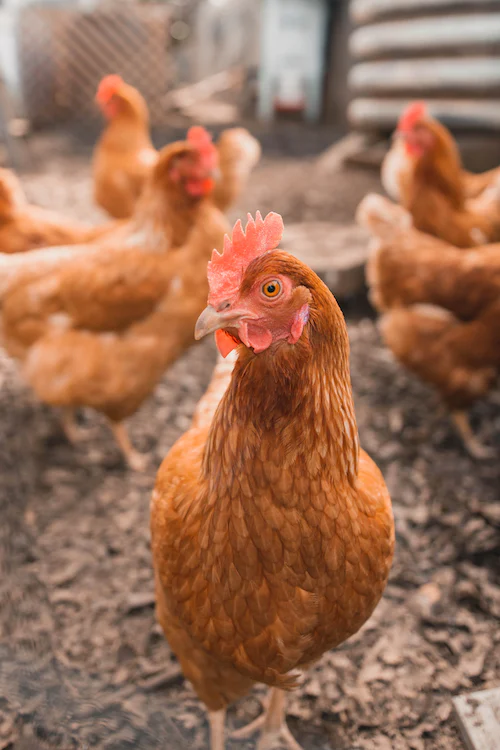Production can be increased by 20 % with good seeds: Union Agriculture Minister
Union Minister Shivraj Singh Chouhan virtually addresses the 13th National Seed Congress in Varanasi, Uttar Pradesh, mentioning strategies on reviving “Lab to Land” technology – translating scientific advancements into practical solutions for farmers
Union Agriculture & Farmers’ Welfare and Rural Development Minister Shivraj Singh Chouhan virtually addressed the 13th National Seed Congress in Varanasi, Uttar Pradesh. During this virtual address, Director General of Agricultural Research Council, Dr. Himanshu Pathak, Additional Secretary of Agriculture and Farmers Welfare Department, Faiz Ahmed Kidwai and other senior officials were present.
Shivraj Singh Chouhan stated that farming is extremely important, not only for India but for the entire world. In a country like India, with a large population, many people earn their livelihood from farming. Agriculture is crucial, as it is the backbone of our economy, and farmers are its soul. India is also a friend to the world, embracing the concept of Vasudhaiva Kutumbakam. Nowadays, we not only fulfill our country’s food needs but also support many countries worldwide by exporting fruits and vegetables. The most critical factor for farming is good seeds. In India, a campaign has been launched to increase production, reduce production costs, provide fair prices for produce, compensate for losses, and diversify agriculture. He mentioned that the Indian Cabinet approved the National Mission on Natural Farming (NMNF) just two days ago. The uncontrolled use of chemical fertilizers and pesticides has deteriorated the health of the earth and humans, questioning the existence of living beings Chouhan added.
Chouhan said that Prime Minister Narendra Modi wishes that people should get pure food which is useful for the human body and also maintains the health of the earth. To meet the world’s food requirement, it is necessary that production increases and to increase production the most important thing is to have good and quality seeds. Recently, Prime Minister had released 109 varieties of seeds invented by ICAR, which were climate friendly, required less water and would produce crops in less time. Seeds are the lifeblood of farming. If we are able to provide good seeds to the farmers then there can be no greater service to agriculture than this.
Union Minister Shivraj Singh Chouhan virtually addresses




